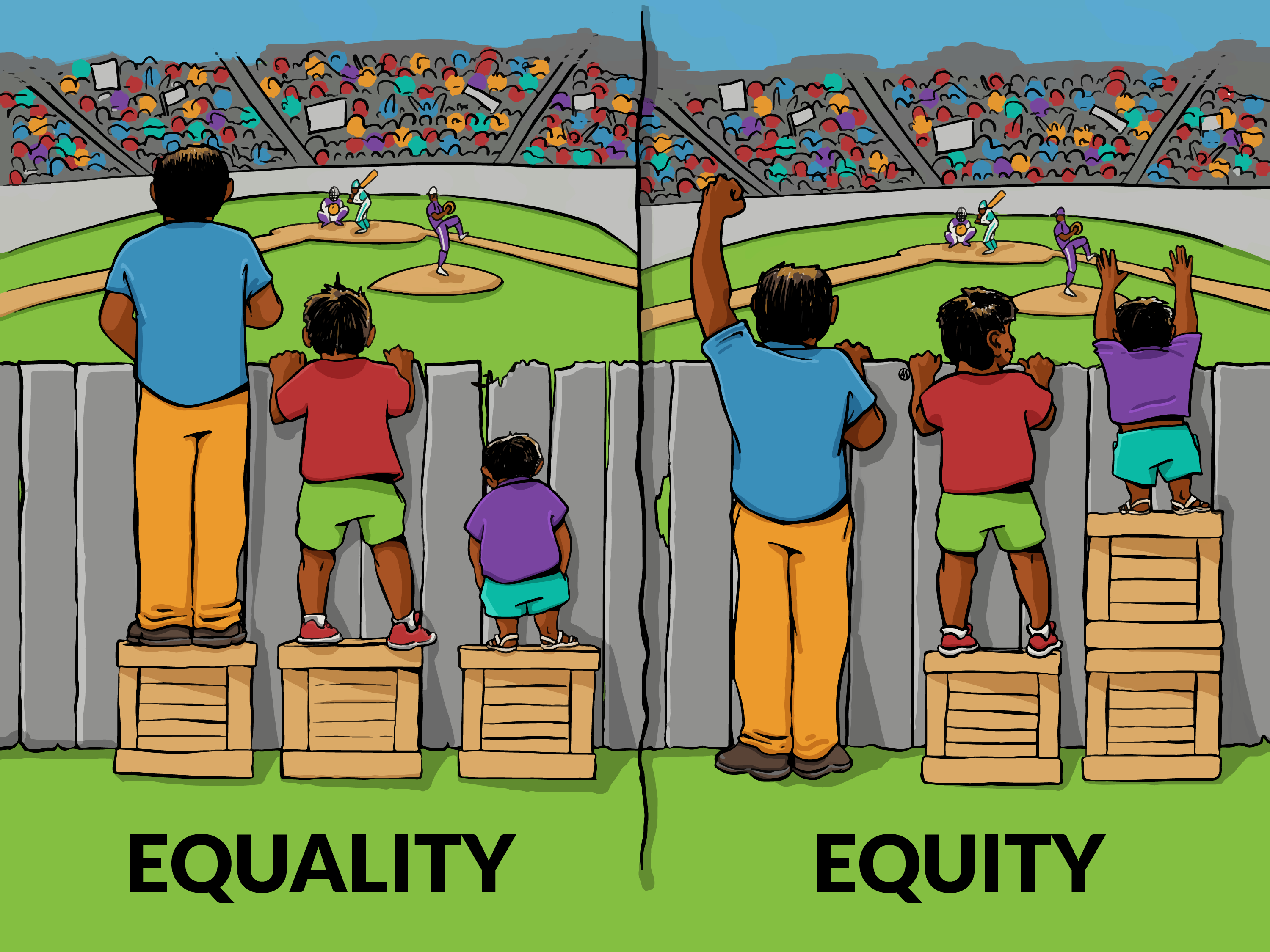One of the special features of charity is that it's kindness without the expectation of reward (other than spiritual). People are given tax deductions on charitable donations that can muddy the waters here, but in general, charity makes a far bigger benefit to the recipient than it does to you.
There are organizations whose mission is to perform charitable works. This is different from an individual doing acts of charity. Some charities gather used clothes or household objects and distribute them to the needy. Some, like Heifer international, use donations to provide animals to people around the world who could benefit from having those animals attached to their households. There are also organizations that allow you to personally sponsor individuals in other countries.
One of the big questions with charity is always "who do you help?" There is an element of individual choice involved, but then, how do you choose? What criteria do you use? Do you try to determine if people are worthy?
Is it because you have some kind of personal connection? Sometimes people support cancer charities because they know someone who is affected by the disease. Sometimes the connection comes through an institution like a church or a synagogue.
In a fictional world, what form does charity take?
In our society (modern US), there is a huge value placed on being able to care for yourself. How do you perceive your own opportunities? Do you consider the world just? Would you agree with the premise that what people have is what they deserve?
Foreign aid is often spoken about as charity, but it often comes with strings attached, requiring employment of US companies. The country exerts control over the recipients of the aid.
We then talked about when charity becomes problematic. Charity has a value; partaking of it can have requirements. The control involved is resented by some people. Colonialism and cultural hegemony can get involved. Sometimes you can't partake of charity unless you "are good." How is that good defined?
We talked about tzedakah, which translates as "justice." You are supposed to give a percentage of your crops or income to the less fortunate in your community.
The idea of community is really important here. The community itself has value, which means its members are inherently worthy of support. The question then becomes "who counts as a person"? What defines community membership?
What happens if people are suffering, but their suffering is invisible? This can easily happen because of distance or because of privilege, i.e. the ways in which we don't share experience with everyone around us. There is no way to be perfectly aware of all suffering. This can include elderly people who can't work, or disabled people.
We talked about equality of opportunity, and what that meant. I mentioned the comic of the baseball game:
If you look into it, you'll find a lot of variations on this image with different discussions of the issue. For one thing, this assumes the presence of the fence, and it also assumes that everyone wants to watch the baseball game. In real life, we don't know what everyone needs.
What are the basics for healthy community life? Roads, schools, electricity, water. We have seen in Flint, Michigan, how lead-poisoned water changes everything about the way that people lead their lives. The complexity of a civilization, and its culture, change what it perceives as necessary for the basics of community life.
What kind of charity is seen as most appropriate, or most righteous?
What is the basic minimum for participation in your society?
What happens when a person is "bad"? We have things in our society like the disenfranchisement of felons. If someone has committed a crime, do you strip them of rights? Is that just? How do you make sure innocent people aren't stripped of those rights?
What makes a worthy member of the community?
We also asked, "Is health care a basic right within a community?" Is the burden of health care on the individual or on the community? If a person has a broken leg, that might appear to be individual because it doesn't affect very much about other community members. However, if a person has measles or any other contagious disease, other members of the community are definitely affected. We can also think about how a person's injury/illness affects the people in their web of normal daily interaction.
How do you establish the rules of a community? Religious prescriptions are one way.
I found this article interesting, about the amazing independence of Japanese children. What is going on here is not so much self-reliance, though, as the basic assumption that a child can rely on the community to keep them from running into trouble.
People depend on one another even in a world like Mad Max.
Evolution has many examples where the existence and behavior of a group allows evolutionary success even though the individual wouldn't necessarily have that same success. (Ants, for example).
We referenced our earlier hangout on Corruption, because any kind of system can suffer abuses, and charitable systems are no different. There are charities who don't give all their money to charity. There are individuals who abuse charitable relationships. There are people who game the system to get more aid than they need. In these cases we have to take a look at how abuses fit into the larger life of the community and how the problems with these abuses balance with the larger achievements of the charitable system.
Thank you for a fascinating discussion!
#SFWApro

No comments:
Post a Comment